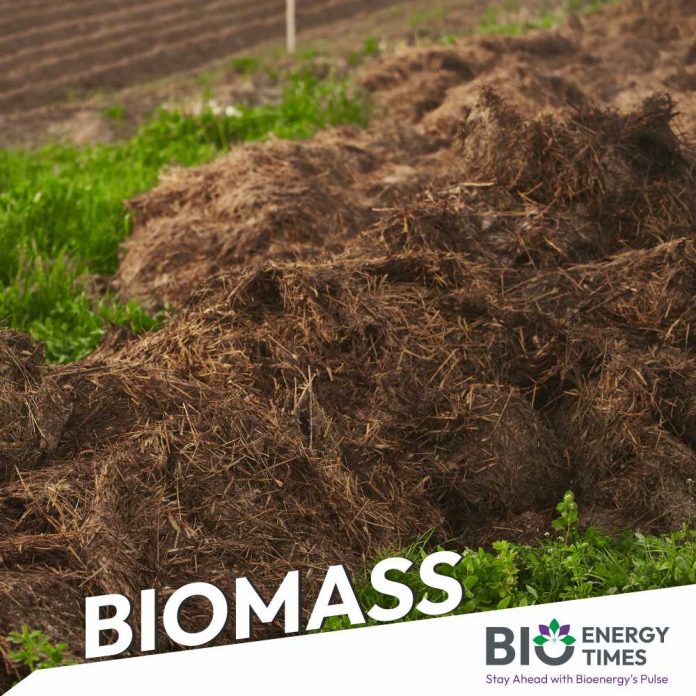Warangal: In a first-of-its-kind initiative, the Greater Warangal Municipal Corporation (GWMC) has begun converting floral waste from Bathukamma festivities into bio-waste instead of letting it pile up in lakes, makeshift water tanks, or landfills, reports The Hindu.
The civic body has identified four collection points—two each in Hanamkonda and Warangal—in addition to the Balasamudram bio-waste unit. Sanitation teams are collecting flowers discarded after the festival from residential colonies and community spaces and transporting them to these sites for processing.
“We are estimating around five tonnes of flower waste per day during the nine-day Bathukamma festivities,” said Dr. B. Raja Reddy, Chief Municipal Health Officer, GWMC. “Our teams collect the waste and move it to the designated units where it is turned into bio-waste. Naturally, the process takes 21 days, while the mechanised plant at Balasamudram can finish it in seven days.” The treated waste is then processed at two biogas plants.
The initiative, launched on a pilot basis under the directions of GWMC Commissioner Chahat Bajpai, addresses concerns over flower waste frequently being dumped into local waterbodies.
Community voices have also welcomed the move. “This practice can go beyond festival time and apply to daily rituals in temples,” said Santosh Manduva, founder-president of Sulakshya Seva Samithi, an NGO in Hanamkonda. “Flowers can be repurposed into natural dyes, incense sticks, and eco-friendly packaging. Such steps support sustainability while preserving the cultural value of the flowers year-round.”
Warangal, widely regarded as Telangana’s cultural capital, hosts Bathukamma celebrations on a large scale, generating significant volumes of floral waste each year. The GWMC hopes this initiative will offer both an environmentally sustainable and culturally respectful solution.















